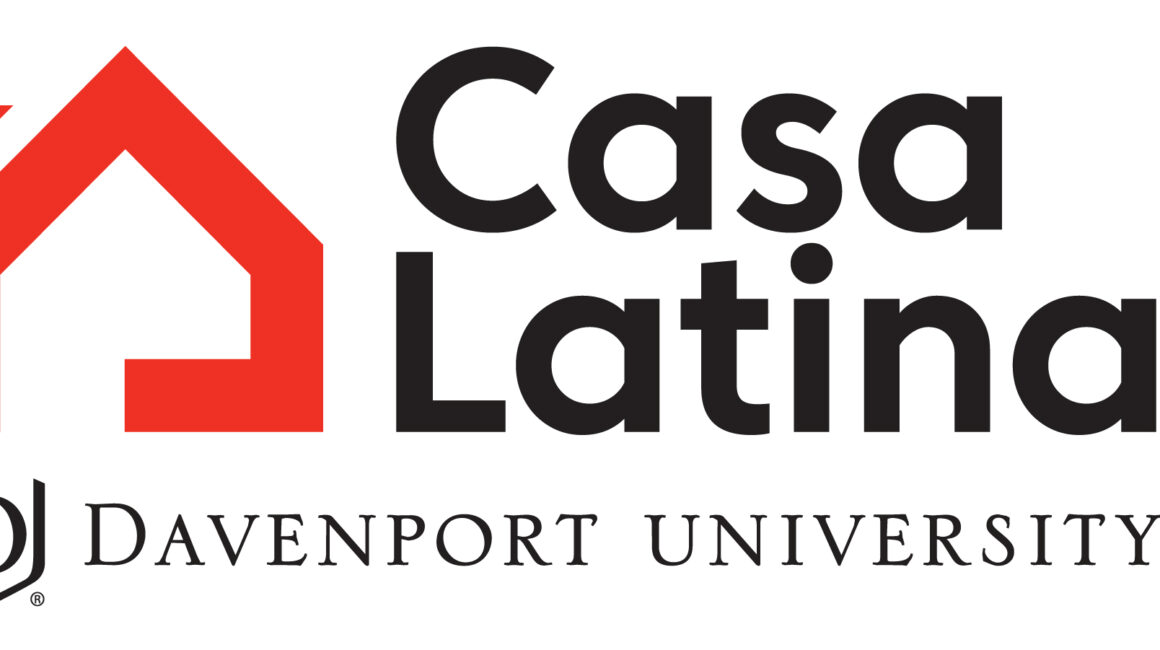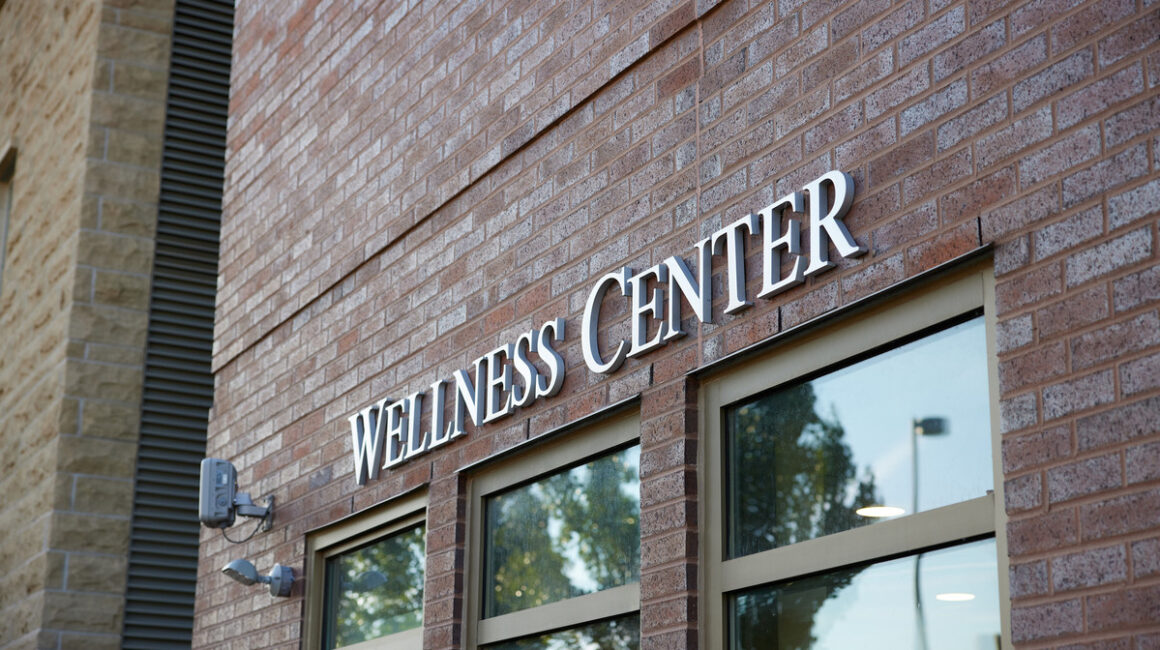
The summer months are a time for many students to get caught up on their academic skills or build their academic prowess. This year Davenport University got in on the action.
This summer, Davenport’s College of Urban Education teamed up with Grand Rapids-based nonprofit STEM Greenhouse to host a program for 50 students to improve their proficiency in science, technology, engineering, and math (STEM). Davenport was not only a sponsor of this program but also developed the STEM curriculum implemented in the camp.
Students participating in the program were not only exposed to the fundamentals of coding, finance management, and communications skills but also got a glimpse into authentic college and professional experiences. While on campus, students worked in Davenport labs, toured dorm rooms, and got to hear from Black and Latinx STEM professionals from a variety of fields.
One notable impact of the program was the increase in participant’s math assessment scores. According to the Acadience Math assessment, at the beginning of the program, only one-third of sixth-grade participants tested at or above grade level. By the end of the program, the number had doubled. The seventh and eighth-grade participants also saw great improvement with an increase in the average test score rising from 59 to 90 upon the completion of the program.
The camp used Davenport’s FUSE (Future Urban STEM Educators) STEM curriculum. This curriculum was developed in 2018 by Dr. Susan Gunn, Dean of the College of Urban Education, and a team of Davenport faculty which included Meaghan Polega, Timothy Pennings, Saleela Hollingsworth, and Brian Kowalczk, as well as Dr. Keli Christopher, CEO of STEM Greenhouse LLC.
The curriculum uses a unique approach to engage students by relating STEM concepts to real-world culturally relevant experiences – something you typically don’t see in traditional STEM programs. By connecting each STEM activity to either a person of color engaged in the STEM field or a related social justice concept, each learning module becomes even more relatable to the students. For example, rather than reading through a textbook chemistry module, students examined a case study evaluating the water quality from the Flint water crisis. The FUSE Curriculum is not only used in the summer STEM camp program but also in several school districts throughout Michigan through the FUSE Club program. These clubs provide high school students the opportunity to engage in STEM activities and then teach those activities within the FUSE curriculum to middle school students.
Due to the great success of this year’s summer camp, the College of Urban Education and STEM Greenhouse are planning to expand the camp to reach even more students next year. “ The heart of what we do in the College of Urban Education is supporting student success. Through outreach programs like the Sankofa STEM camp, we can make a significant difference in students’ lives,” said Dr. Gunn.
Click here to out more about the FUSE Curriculum and Club.
This material is based upon work supported by the National Science Foundation under Grant No. 1758370. Any opinions, findings and conclusions, or recommendations expressed in this material are those of the author(s) and do not necessarily reflect the views of the National Science Foundation.



No Responses